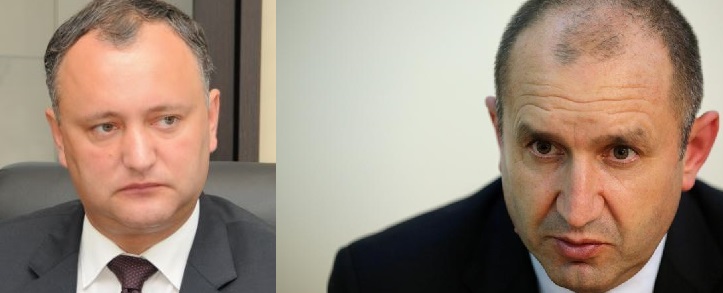Rumen Radev’s election as president would mean a strengthening of ties between Bulgaria and Russia, while putting the country at odds with European Union and NATO allies. Radev has repeatedly said that “being a member of the EU and NATO does not mean that Bulgaria must be an enemy of Russia” in an effort to stem uncertainty in the Black Sea state.
Radev, the popular 53-year-old general, has called for the lifting of sanctions against Russia as well as tougher border security measures to prevent an influx of migrants. As president, he leads the armed forces, can veto legislation, sign international treaties and appoint top security and judicial officials.
Radev was elected as Bulgaria’s president with 59.4 percent of the vote. Meanwhile the prime minister, Boiko Borisov has announced that he will resign as promised after the collapse of his minority government.
“In the first working day of the parliament we will tender the government resignation,” Borisov told reporters. “The results clearly shows the governing coalition has no majority and cannot pass the upcoming budget,” he said. Borisov’s candidate, Tsetska Tsacheva, from the ruling center-right GERB party, could only garner 36.2 percent of the votes.
In Moldova, the pro-Russia candidate Igor Dodon won the presidential election with more than 55 percent after his rival Maia Sandu, a former World Bank official running on an anti-corruption ticket, could only gain 44.7 percent of the vote.
The pro-European administration was punished by voters over the estimated $1 billion (923 million euros) that went missing from Moldovan banks before 2014 parliamentary elections.
The former economy minister, who has promised to strengthen ties with Moscow and end corruption, warned his opponent to “urge her supporters to remain calm”.
“We don’t need destabilization and we don’t need confrontation, which somebody is trying to do,” Dodon said, speaking in Russian. “We’re all living in one country, in Moldova.”
Sandu had been calling for the withdrawal of thousands of Russian troops from the Russian-speaking separatist region of Transdniestria, which broke away in the early 1990s after a brief civil war.













No comments.
By submitting a comment you grant Free West Media a perpetual license to reproduce your words and name/web site in attribution. Inappropriate and irrelevant comments will be removed at an admin’s discretion. Your email is used for verification purposes only, it will never be shared.